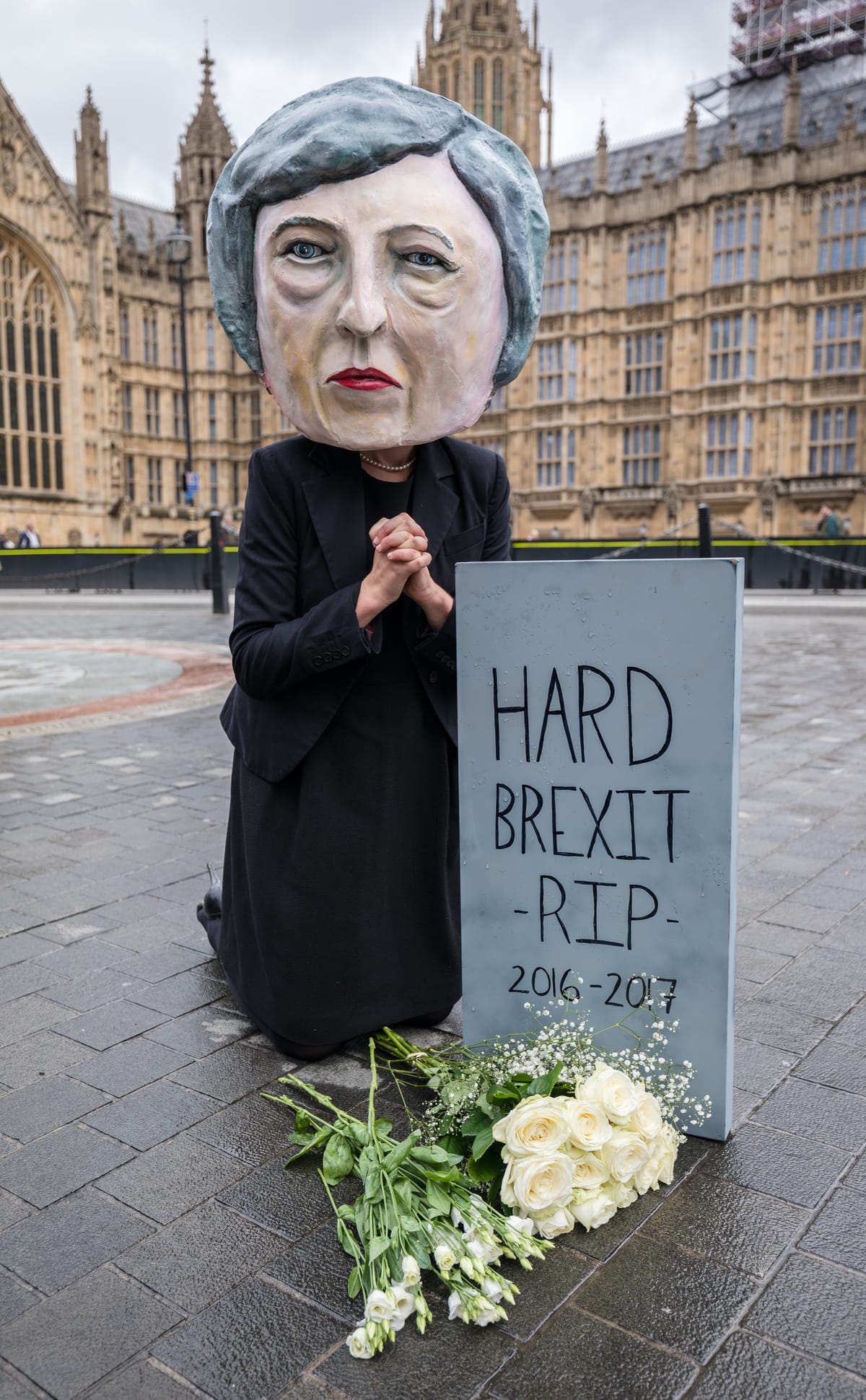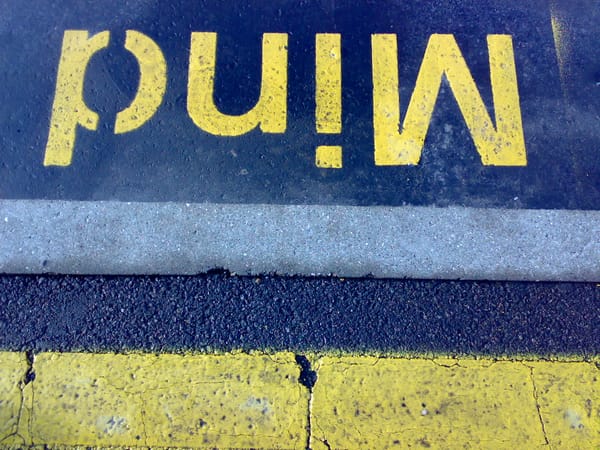The failings of the Conservatives
Ansh Bhatnagar, the incoming secretary of Imperial College Labour Society, explains how we ended up in this mess

Theresa May went for a power grab. She wanted to wipe out Labour while her party was polling with almost 20 points ahead of them. With a fragmented opposition and Corbyn’s poor approval ratings, everyone assumed it was going to be a landslide election. So how did this all backfire and end up in a hung parliament?
After a massive U-turn on not holding a snap election, May set out to make it all about a single issue: Brexit. “The other parties hinder the process,” she said. “We must elect a strong and stable government with a mandate to pursue a hard Brexit.”
It was simple. This wasn’t about the country, or stability for Brexit negotiations. This was a selfish decision made to benefit her party and obliterate the voices of the opposition. It should have been a slam dunk. Corbyn had never been more unpopular, even with some of his most vocal supporters feeling unsure about him. The situation was bleak for Labour, and for the left wing in this country. Nonetheless, May failed so severely that the Conservatives were unable to keep their majority.
A Failure of Leadership
When a Prime Minister calls a snap election to “bring stability to the country,” you would expect them to put forward the case for their party’s leadership. Yet complacency and disregard for the electorate was shown throughout the campaign. Rejecting calls for a debate with Corbyn, including from the man himself, was not a power move – it looked weak. It was an opportunity to hit hard about why the Tories were preferable for the economy, security, and Brexit negotiations. Yet May failed to appear in any debates and stooped as low as to send Amber Rudd in her place, less than 48 hours after Rudd’s father’s death.
The manifesto didn’t help either. It looked half-arsed and not like something you’d expect from the only party who knew there was going to be an election. Unlike Labour’s, it wasn’t even costed. There are many challenges our society is facing (and lack of government control over the Internet is not one of them). With weak suggestions such as bringing back fox hunting and introducing a dementia tax, the public understandably became dissatisfied with these ideas.
A Failure of Messaging
An over-reliance on traditional media and tabloids also contributed to May’s loss of seats. The influence of these sources is waning, particularly in an era where a Google search can reveal the truth about a misrepresented opposition policy. On top of that, all the ‘Corbyn is a terrorist sympathiser!’ smearing failed to stick. The tabloids went over the top, and it is likely that at least part of their readership rejected their incredulous claims.
A Failure of Substance
Throughout her TV appearances, May was held to account over her record. Audience members would grill her about the cuts made to the police, to schools, to disability allowances – all difficult to defend – while Corbyn unashamedly stood up for the Labour manifesto and did not apologise for his beliefs.
She tried to look tough on terror by saying she would curtail Internet freedom and scrap human rights laws while presiding over police cuts and arms deals with Saudi Arabia – a country that funds mosques in the UK that preach the Wahhabist interpretation of Islam which inspired ISIS. Still the tabloids went after Corbyn, simultaneously calling him a ‘weak pacifist’ and a ‘terrorist sympathiser’ for daring to suggest that perhaps Britain shouldn’t be so keen on military intervention abroad.
A Failure of Judgment
The Conservatives failed to assess the situation properly, and they did not expect the Labour manifesto to land so well. It was well written, fully costed and comprehensive.
The Labour campaign successfully showed that this isn’t #EURef2, but a general election that is about many more issues than just Brexit. It had a central theme: hope. ‘Look at what our country could become!’ is definitively more powerful than fear-mongering and complaining about the other side – something that plagued not only May’s campaign, but also Ed Miliband in 2015. This positive campaigning resonated with the electorate and is reflected in the gains that Labour made. With digital media, Corbyn’s message found its way through to the young voters, who turned out in droves and helped swing seats. He was not a typical politician, artificial and polished like his Conservative counterpart, and this helped in an era where people are becoming increasingly disillusioned with polished politics. This led to the massive audiences we saw at Corbyn’s rallies, and the feeling that he had won the hearts of a significant portion of the electorate, to the surprise of the Tories. Friday came, Corbyn outperformed everyone’s expectations, and he may well have done better had his MPs backed him from the beginning. On the other hand, May’s hideous campaign which blatantly disregarded the electorate did not win over the country. The public reacted predictably, depriving the Conservatives of a majority and forcing them to make a deal with the far-right DUP, associated with the radical Protestant Ulster Volunteer Force. Wait, wasn't Jezza meant to be the one with ties to Irish paramilitary groups?
By her own metric, May failed on Thursday. She gambled her majority, and lost the power she had. By showcasing such poor decision making, she has never looked as weak as she does now.
So here we are, as she warned, at a coalition of chaos. Except it is Theresa May, not Jeremy Corbyn, at its helm.









